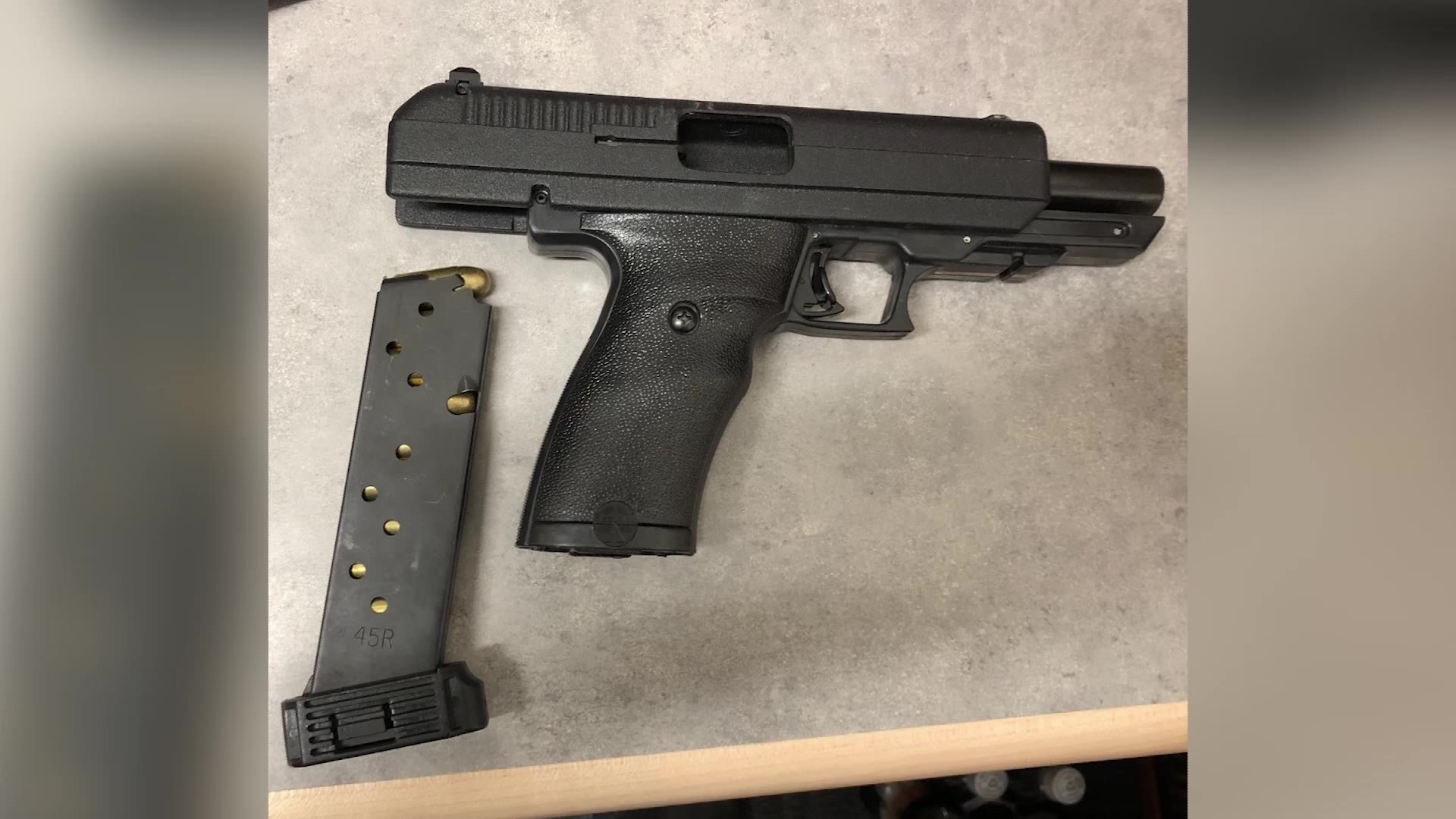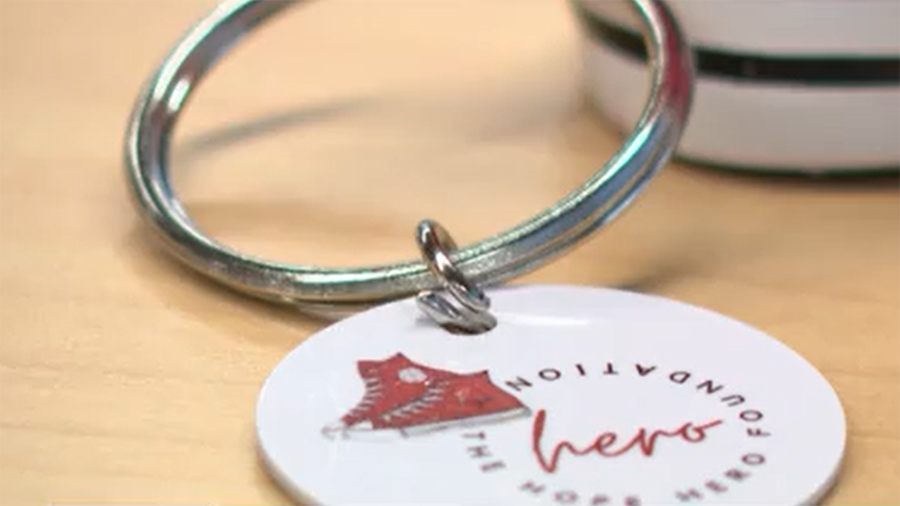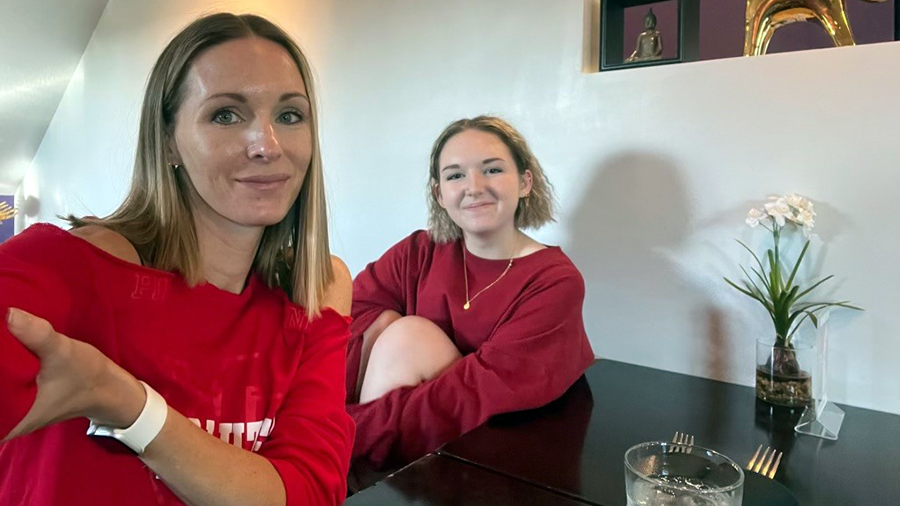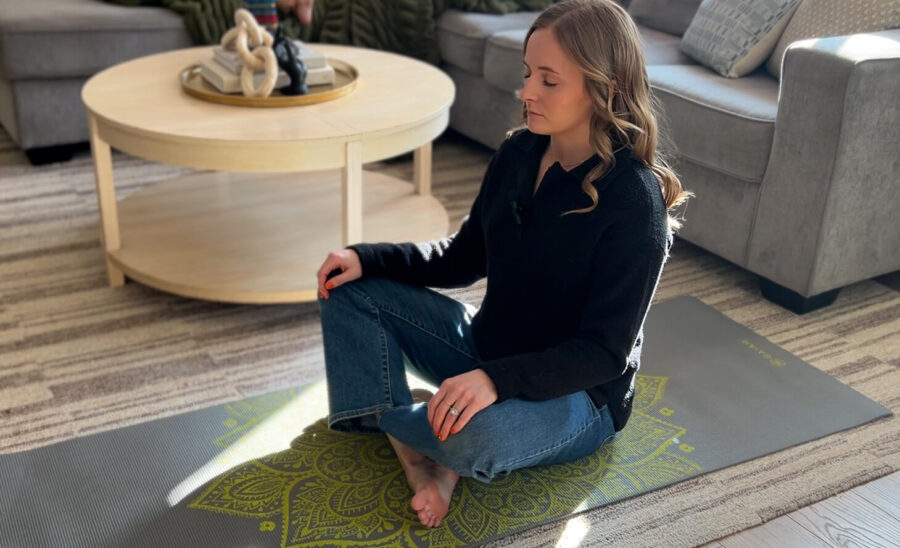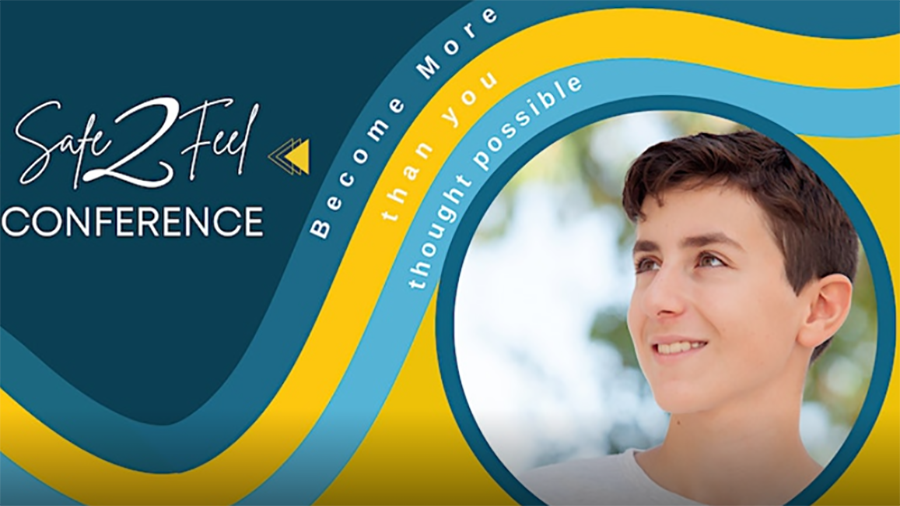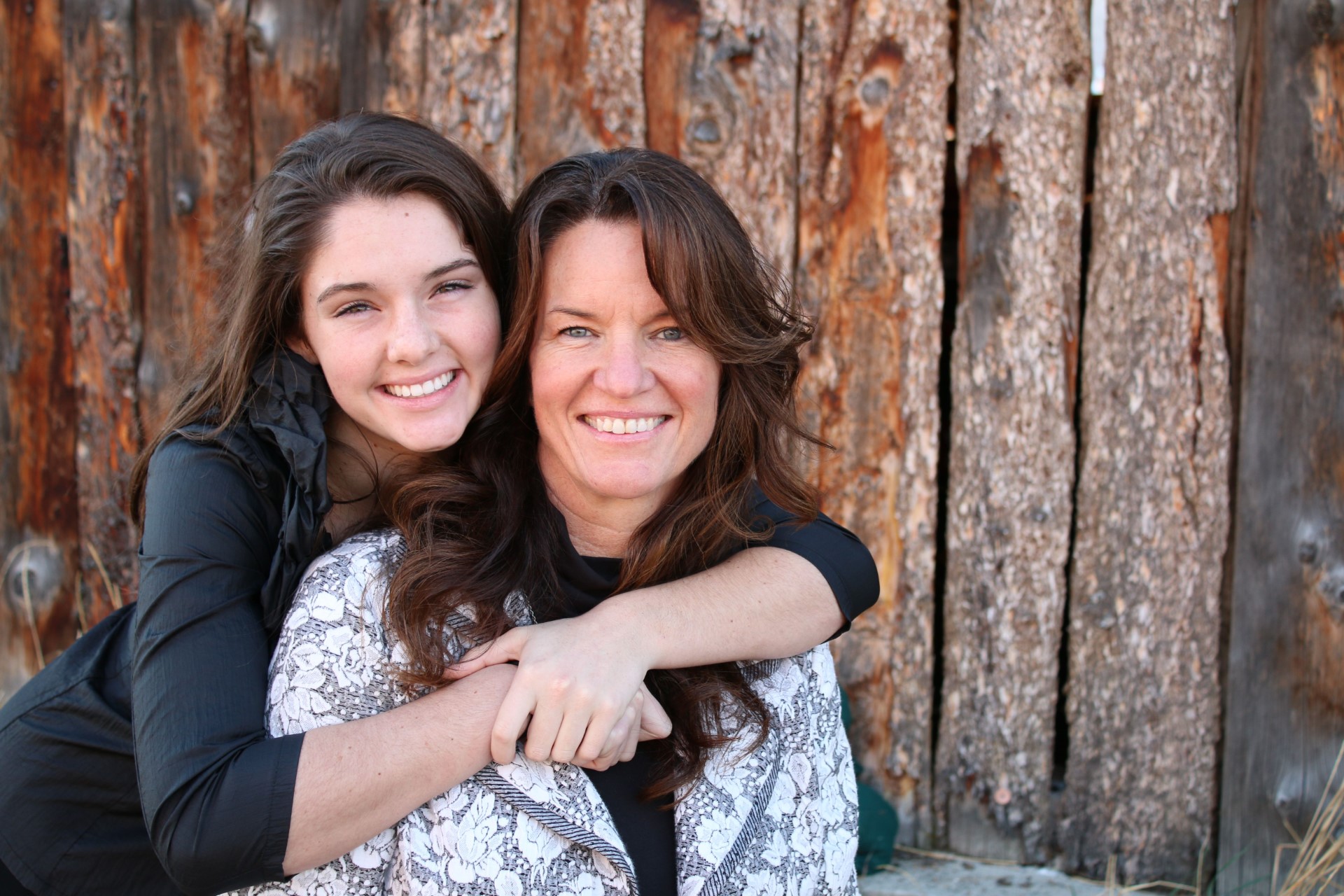COVID-19 Impacts Drug Abuse & How People With Addictions Get Help
Sep 1, 2020, 11:07 PM | Updated: 11:52 pm
SALT LAKE CITY, Utah – A recent report shows drug overdoses are on the rise across the country, and the founder of a local nonprofit said the pandemic has impacted the way people with drug addictions can get help.
“It’s taken the real personal connection out of it,” said Brandon Allan, founder and president of Addicted We Stand. “I got clean because I found some type of connection. Kind of like a brotherhood.”
Allan has been in the fight since then. He started his nonprofit shortly after one of his best friends died of a drug overdose. His son is also named after another friend who died of an overdose. And since the start of the pandemic, Allan said he’s seen a growing number of people reaching out for help.
“We’ve definitely been having an influx of people reaching out saying, ‘hey I need help’ or ‘hey I need treatment’ or even just, ‘I need to talk to somebody,’” he said.
Brandon Allan owns a nonprofit that offers recovering addicts a support group and other resources to get help. He says he’s seen more people reach out since the start of the pandemic but the help they offer has been limited because of the virus. @KSL5TV pic.twitter.com/KyxwHHNNdp
— Matt Rascon (@MattRasconNews) September 2, 2020
The Addicted We Stand public Facebook page offers a platform for people struggling with similar addictions to come together. But the lack of in-person meetings, service opportunities and beds at treatment centers since March can add to the challenge of recovery.
“I mean it’s a more stressful situation. You take a group of addicts or recovering addicts even and their coping mechanism they’ve used for so long has been to resort back to drugs,” Allan said. “We’re still trying to provide resources that are reaching out but it was nothing like before where we could get together, meet, connect on a personal level.”
The Washington-based group Overdose Detection Mapping Application Program tracks drug overdoses in the U.S. Its recent report shows a roughly 18% jump in overdoses when comparing the weeks before the start of the pandemic to the weeks after people were asked to stay home.
“The isolation and the ability for people to connect and get to meetings,” said Amber Baum, adding her view that “this year will be the deadliest year for overdoses in 10 years.”
Baum, who is with Overdose Awareness Utah, was at the Utah State Capitol Monday, leading a memorial for those who have died from drug overdoses in Utah. She worried about how the virus and its accompanying guidelines are impacting treatment and support groups for people who need it most.
“It gets so overlooked. It shouldn’t but it does,” she said. “You could be sitting next to your neighbor who’s addicted to oxycontin or hydrocodone or any other opiate and you just don’t know because most people suffer in silence.”
“Obviously, it breaks my heart because what we’re trying to do is lower those numbers,” said Allan, who was also at the memorial service. “Basically, we wanted to give people a place they could reach out, find resources and connect with other addicts that were in the same struggle trying to better their lives.”
Allan said help is still available and he urged those wanting change to connect with him and his volunteers. He said some support groups are meeting where they can in-person. But he patiently waits for the day when they can connect freely again.
“Almost like a family after you’ve been disconnected and so isolated during your addiction,” he said. “It’s nice to grab a hold of that. And yeah, it’s hard to find it over a computer or over a phone.”
If you or someone is looking for help from drug addiction, call the national helpline: 1-800-662-4357.

